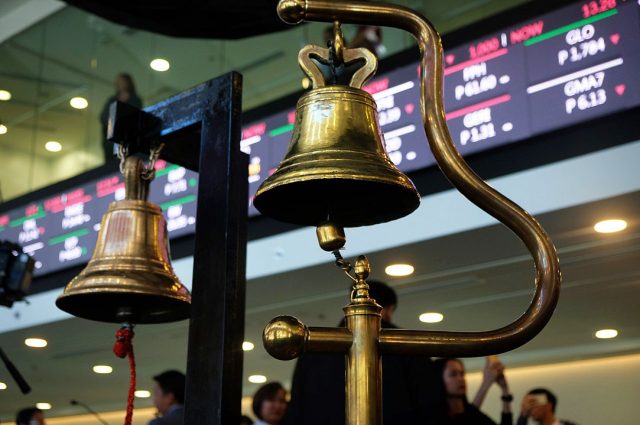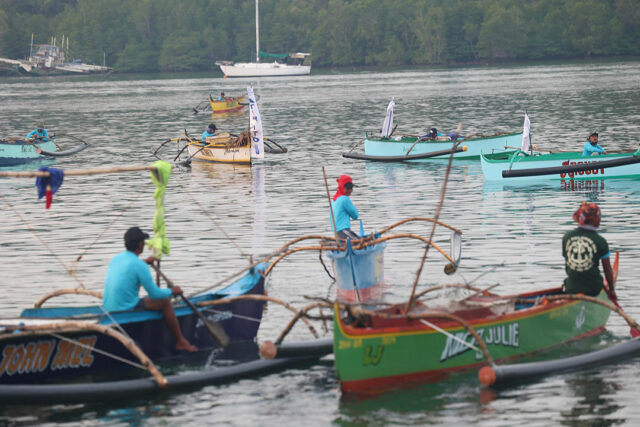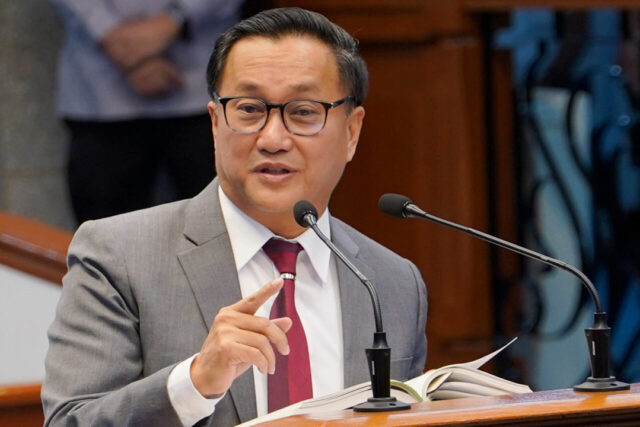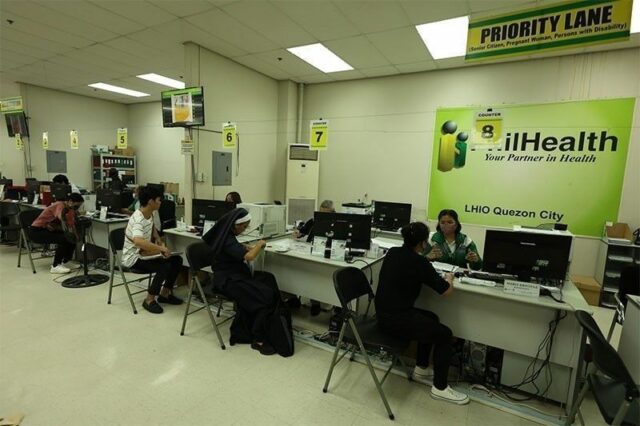EoPT on tax filing and withholding: A closer look
With the signing of the Ease of Paying Taxes (EoPT) Act (Republic Act No. 11976), taxpayers expect to benefit from improvements in the manner of tax filing and payment, as well as in the withholding of taxes. The Bureau of Internal Revenue (BIR) has issued Revenue Regulations (RR) No. 4-2024 to implement these changes.
MANNER OF FILING AND PAYMENT
Under RR 4-2024, the filing of tax returns is to be done electronically via any of the available platforms. Taxpayers have the option to use either the eBIRForm offline package or the Electronic Filing and Payment System (eFPS). Meanwhile, the payment may be made either electronically using any of the available platforms, or manually to any authorized agent bank (AAB) or revenue collection officer (RCO). Manual filing is only allowed in case of the unavailability of electronic platforms.
Prior to the EoPT Act, certain taxpayers were required to enroll in eFPS, such as Taxpayer Account Management Program (TAMP) taxpayers, enterprises enjoying fiscal incentives (PEZA, BoI, etc.), large taxpayers, and top withholding agents, among others. While there’s no specific discussion in the EoPT Act, I believe that these taxpayers should continue to use eFPS in the filing and payment of their tax returns as manual filing will only be allowed in case the eFPS facility is unavailable. Further, it is still more convenient to file and pay taxes through eFPS.
On the option to manually file tax returns, the BIR has yet to clarify how this will be implemented, as the usual worry of taxpayers is the downtime of electronic platforms during the tax filing deadlines. While the option to file manually is available, it may not be possible to prepare the check payment or release the funds on the same day of the filing. Hence, there is still a chance that the actual payment of taxes will occur beyond the deadline.
It is also a relief to taxpayers that the civil penalty of 25% of the amount payable (i.e., surcharge) no longer applies if the return is submitted to an internal revenue office other than the one with whom the taxpayer is registered and where the return is required to file.
INDIVIDUALS NOT REQUIRED TO FILE RETURNS
Under the RR, Philippine citizens who are working and deriving income solely from abroad as an Overseas Contract Worker or Overseas Filipino Worker (OFW) are no longer required to file income tax returns. This is in addition to the following individuals who, even under the old rules, were not required to file: (1) individuals earning purely compensation income whose annual taxable income does not exceed P250,000; (2) individuals whose income tax has been correctly withheld by their employer; (3) individuals whose sole income has been subjected to final withholding tax; and (4) minimum wage earners. It is worth noting that the income tax exemption of OFWs on earnings abroad was available in the Tax Code even before the EoPT Law. Thus, this new implementing provision is just updating the list of individuals not required to file income tax returns and reiterating the exemption of OFWs.
RULES ON WITHHOLDING OF TAX
The EoPT Law also streamlined the timing of withholding taxes. Under the new law, the obligation of the payor to deduct and withhold taxes arises at the time an income has become payable.
In implementing this provision, RR 4-2024 adopted the old withholding tax rules when it defined the term “payable” as the date the obligation becomes due, demandable or legally enforceable. The RR likewise retained the accrual trigger for withholding taxes by stating that the obligation of the payor to deduct and withhold the tax arises at the time an income payment is accrued or recorded as an expense or asset, whichever is applicable, in the payor’s books, or at the issuance by the seller of the sales invoice or other adequate document to support such payable, whichever comes first.
In contrast to the pre-EoPT rule on the timing of withholding of taxes, the point of withholding upon payment was removed. Further, the issuance of the sales invoice or other adequate document to support the payable was added as a trigger point for the obligation to withhold.
To reiterate, the EoPT Law provides that the timing of withholding of tax is when the income becomes payable. There is no qualification that the withholding tax falls due when it is payable or accrued, whichever comes first. While the terms “payable” and “accrual” are closely related and expenses are generally accrued when they become payable, they are distinct terms. In fact, the issue on timing of withholding upon accrual was raised during the Senate public hearings and technical working group discussions, and was precisely the trigger point that most stakeholders wanted to eliminate. Hence, to address the concern, the law provided “payable” for clarity.
I hope that the BIR will issue a clarification on this as one of the objectives of the EoPT Law is to simplify the process of withholding taxes. Essentially, with the “new” trigger points for withholding tax under the RR, there’s not much change in the process as taxpayers are still required to withhold taxes upon accrual of the expenses in the books.
Another welcome change under the EoPT Law is the repeal of Section 34(K) of the Tax Code. Thus, a particular expense on which tax is required to be withheld can now be claimed as deduction from gross income, even if no tax was withheld. Of course, the expense must still meet the other requirements for deductibility, i.e., it must be a necessary, ordinary and duly substantiated expense related to the registered business of the taxpayer. It should be noted that only the requisite for deductibility was repealed, hence the obligation to withhold and remit tax on certain income payments remains.
The BIR also issued Revenue Memorandum Circular (RMC) No. 60-2024 to clarify that the waiving of the withholding tax requirements for expense deductions applies only for taxable year covering Jan. 1, 2024 onwards. Hence, old rules still apply to all assessed tax cases and on-going audits covering taxable periods prior to the effectivity of the EoPT Law.
With the changes brought by the EoPT Law, taxpayers are expected to adopt new, easier processes in the filing and payment of taxes. The BIR should be given credit for issuing the implementing rules and regulations (IRR) of the EoPT Law on time, but I am also hoping that it clarifies certain provisions in the IRR which seem inconsistent with the objectives of the law (i.e., timing of withholding of taxes).
The views or opinions expressed in this article are solely those of the author and do not necessarily represent those of Isla Lipana & Co. The content is for general information purposes only, and should not be used as a substitute for specific advice.
Renz Anthony K. Boaloy is a senior manager at the Client Accounting Services group of Isla Lipana & Co., the Philippine member firm of the PricewaterhouseCoopers global network.












